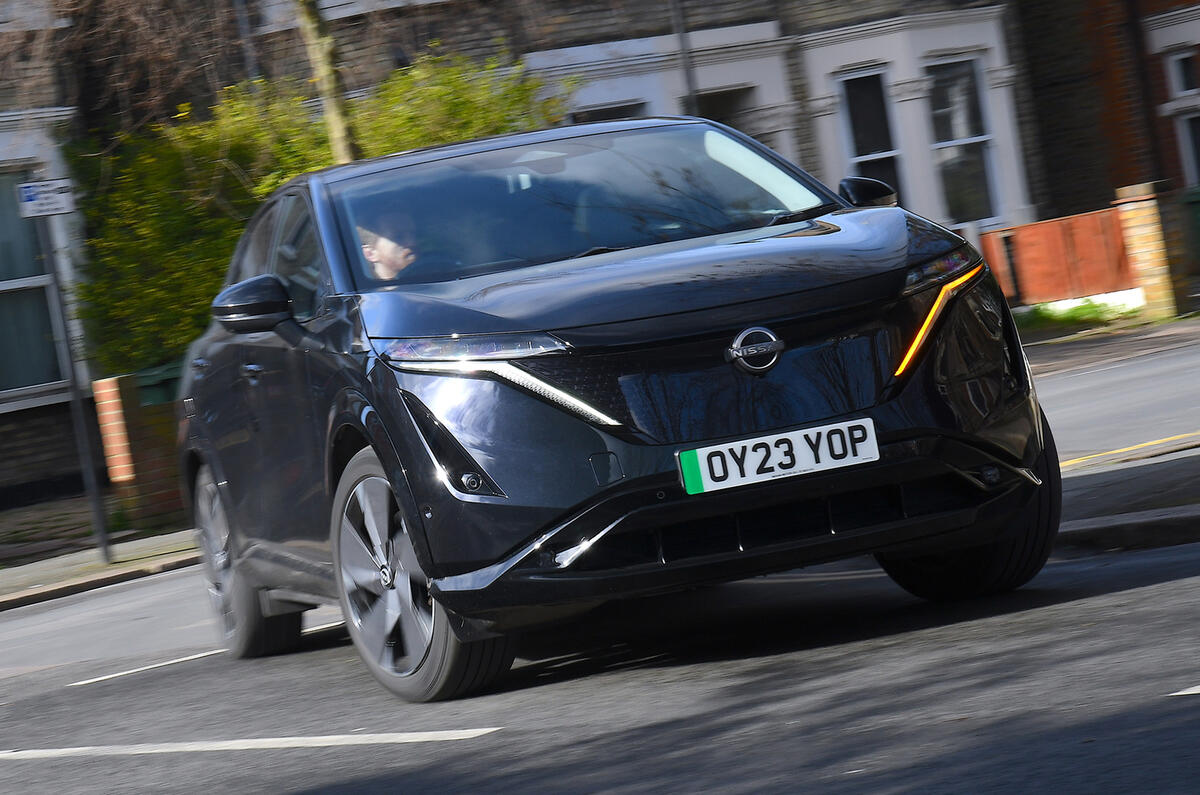Japanese car giants Honda and Nissan has confirmed that they have ended talks over a merger that would have brought together the two long-time rivals.
The two firms signed a memorandum of understanding (MOU) to investigate merging their operations in December last year, with the intention to agree a final deal by June 2025. Under the agreement, the two brands would have remained separate but adopted shared platforms and powertrains, and merged many of their production operations. It would have created one of the world's largest car companies.




Add your comment